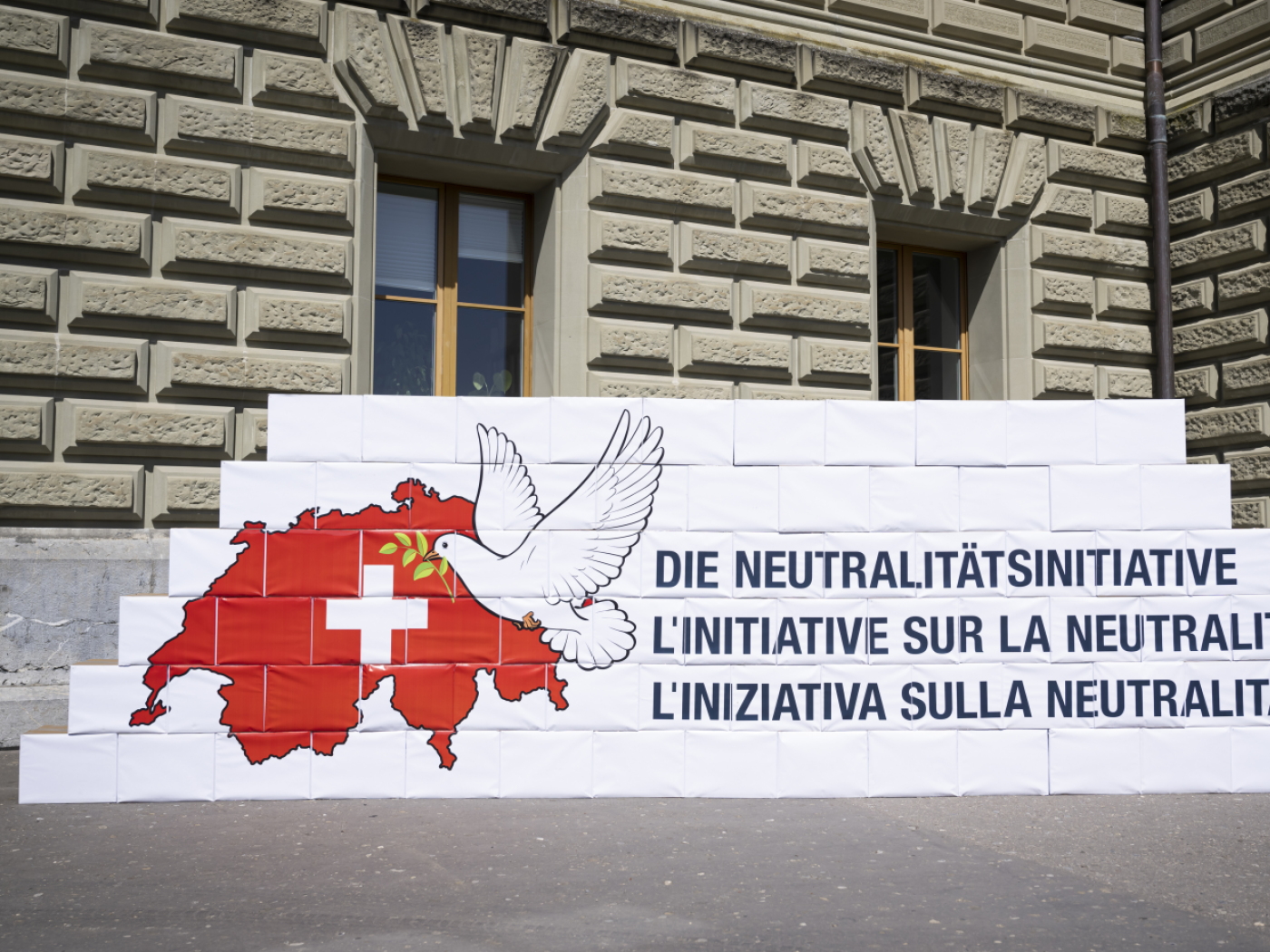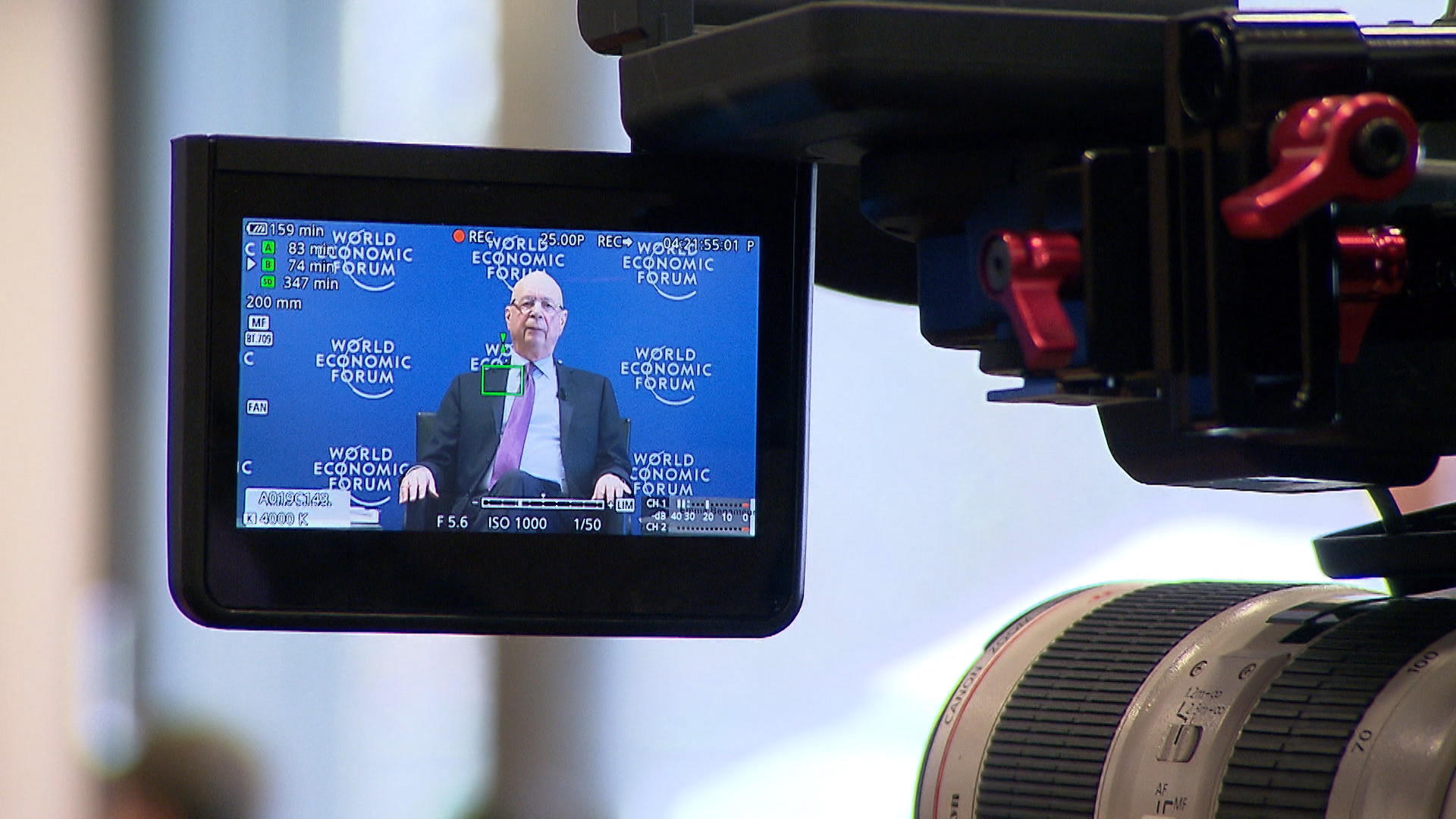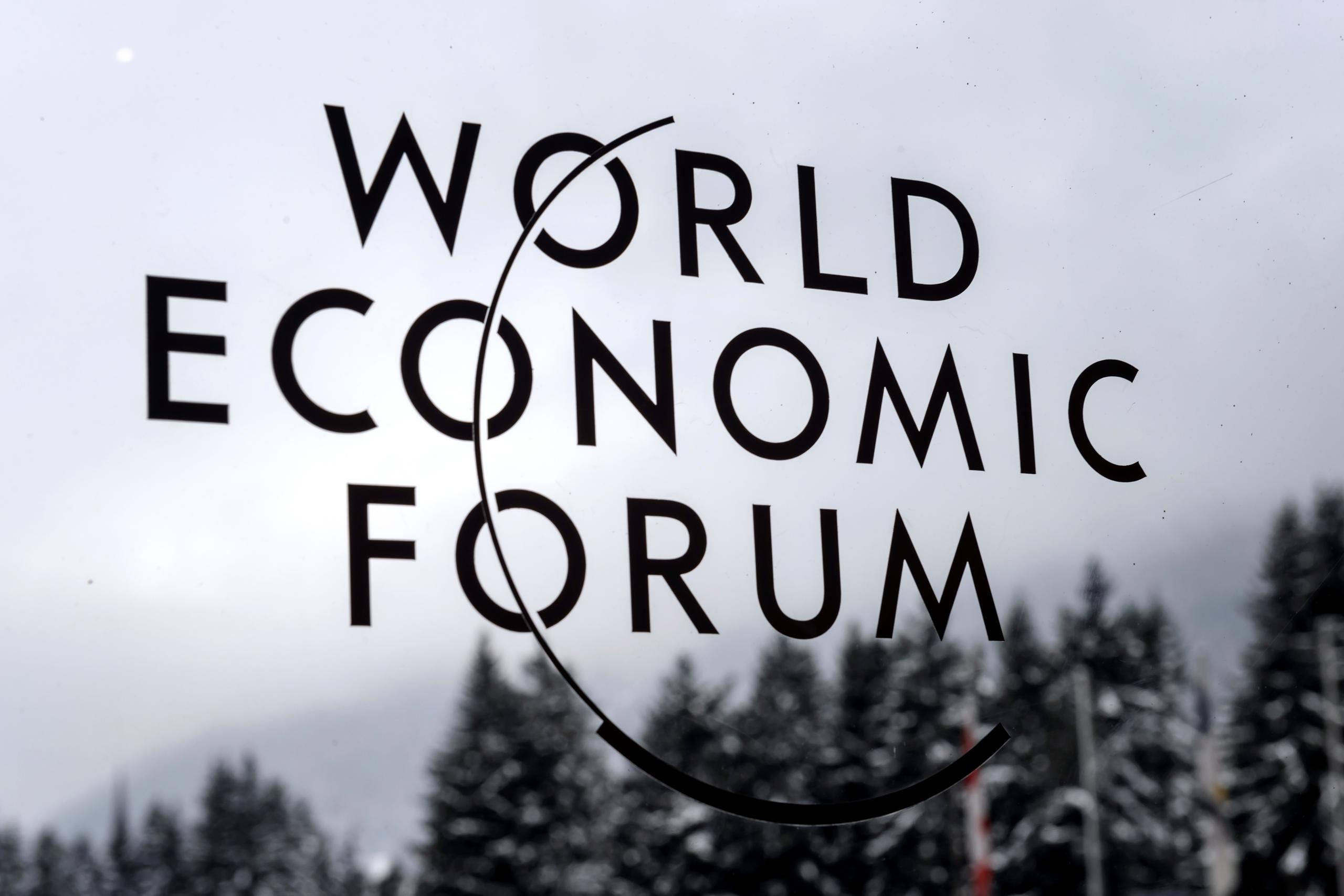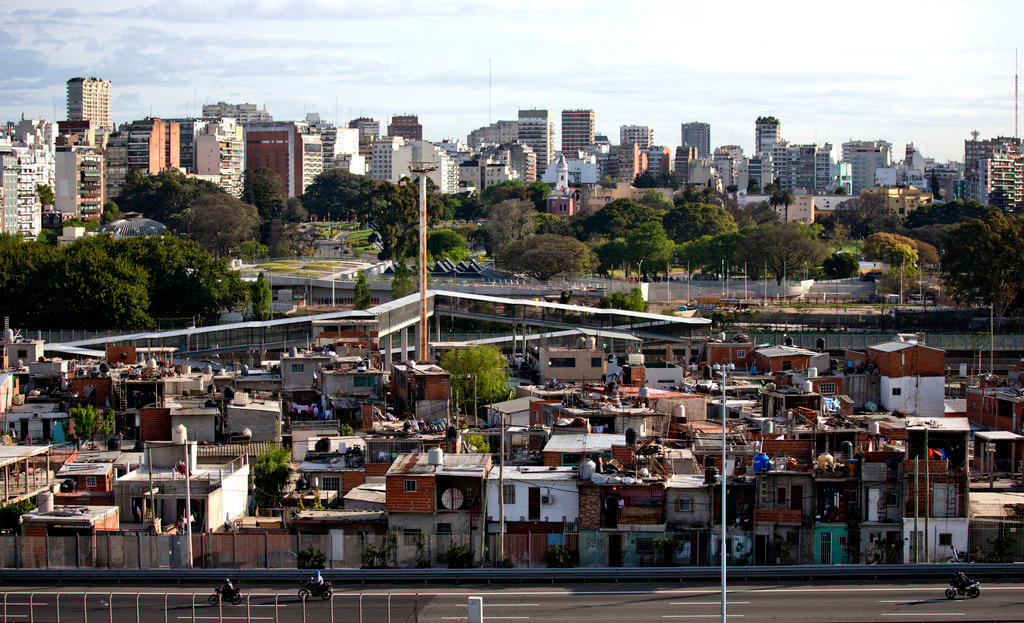
Are Davos elites facing a ‘middle class rebellion’?

These are nervous times for the world’s leaders gathering in Davos for the World Economic Forum’s annual meeting. Voters have spoken in Britain, the United States and Italy – and their voice has been interpreted as a middle class challenge to the establishment.
Elections are looming in the Netherlands, Germany and France. Several world leaders, including French President François Hollande, German Chancellor Angela Merkel and Canadian Prime Minister Justin Trudeau, have opted to address voter concerns at home rather than attend WEF.
Even Switzerland, a bastion of comfortable living, wealth and staid politics, has been recently experiencing political polarisation and controversial referendums.
WEF is determined to meet the challenge by adopting the slogan “Responsive and Responsible Leadership” for this year’s forum. Leaders “have to listen, you have to interact with those people who have entrusted you to leadership,” WEF founder Klaus Schwab said ahead of the forum. “But it is not enough just to listen – you also have to act, you have to be responsible, you have to be courageous enough to take decisions to improve the state of the world.”
“We hope that the world will listen more to this message than it has done during the last years,” he added.

More
When global leaders meet: WEF’s biggest moments
Louis Perron, a Swiss political scientist who consults a range of Swiss and foreign clients, believes the elite in the West are now paying the price for botching their response to a rapidly changing world in which people increasingly worry about jobs, immigration and their future welfare.
“People are saying something that the elite does not understand, and instead of adjusting their message, leaders are saying the same thing, but louder,” he told swissinfo.ch. “This is leading to a mismatch between demand and political offer, so people are voting for something different.”
“Every election or referendum campaign is a battle for definition over what we are voting about. The ruling parties are increasingly losing that battle.” Once leaders start losing the arguments, it becomes very difficult for them to make up lost ground, he added.
Swiss referenda
The decision of British voters to pull out of the European Union, coupled with the rejection of the Clinton political dynasty in favour of the hardline outsider Donald Trump in the US, is perceived as evidence of widespread dissatisfaction with the leadership system.
And in Switzerland too, voters are having their say. In recent years, the Swiss have been presented with a number of referendums that want to change established practices. These have calling for – among other things – minimum pay, changes to central bank policy and the way public services are run.
Most fail, but the acceptance of initiatives targeting fat cat salaries and high levels of immigration in recent years have resulted in headaches for political and business leaders. This caused the Swiss business community to admit that they needed to regain touch with both politicians and voters.
In a paper released in November, UBS bank addressed the notion that voter unrest has been driven by the middle class. This perceived phenomenon is clearly more evident in Western countries, the Swiss bank said. In emerging economies, the middle class is swelling and becoming more prosperous, the research paper states.
But UBS bank is also convinced that the Swiss middle class is a special case in the West. It believes that the Swiss government had done a good job at mitigating income disparity by favouring lower wage earners with taxes and benefits.
Furthermore, the report said that Switzerland’s strong apprenticeship system and liberal labour market had helped preserve jobs.

More
Ten key aspects of WEF
Union anger
The Swiss Trade Union Federation, however, disagrees with this rosy assessment. In a position paper last year it complained that middle and lower income groups have been harder hit by spiralling health insurance costs than big earners.
Lower earners are also more reliant on shrinking pension pots to get by in their old age than the wealthy, who can turn to other accumulated investments when they retire.
Trade unions have joined forces with left-leaning politicians to launch a referendum that next month will call on voters to reject an overhaul of Switzerland’s corporate tax system. They are appealing directly to middle class voters to torpedo tax changes, which they say will saddle middle income earners with the cost of keeping multinationals in Switzerland.
Whatever the result of that referendum, Louis Perron is convinced that Swiss voters will in general behave in a more orderly way than in neighbouring countries.
“Swiss people tend not to only vote out of anger or just for their own benefit, but are more open to consider an argument regarding the common good,” he said. “Therefore, they mostly vote in line with government recommendations.”
“Voters in most other countries don’t have the same opportunities to voice their protest, so elections can produce more extreme results.”
Leaders in Davos will be discussing how to avoid that fate at the WEF annual meeting between January 17-20.
The 47th World Economic Forum annual meeting will take place in Davos between January 17 and 20. It will attract a record 3,000 delegates from the worlds of politics, business, civil society, religion, science, academia and the arts.
Xi Jinpeng will become the first Chinese head of state to attend Davos, leading a large delegation from China. Other movers and shakers include British Prime Minister Theresa May, US Vice-President Joe Biden, IMF head Christine Lagarde, ICRC President Peter Maurer and United Nations Secretary General Antonio Guterres.
Some 1,000 business leaders from 1,400 companies will also attend. These include Bill Gates (Microsoft), Sheryl Sandberg (Facebook) and Jack Ma (Alibaba).
The meeting will address arrange of non-political or business themes, including the environment, continued conflict in Syria and Iraq, gender, education and health issues.

In compliance with the JTI standards
More: SWI swissinfo.ch certified by the Journalism Trust Initiative







































You can find an overview of ongoing debates with our journalists here . Please join us!
If you want to start a conversation about a topic raised in this article or want to report factual errors, email us at english@swissinfo.ch.